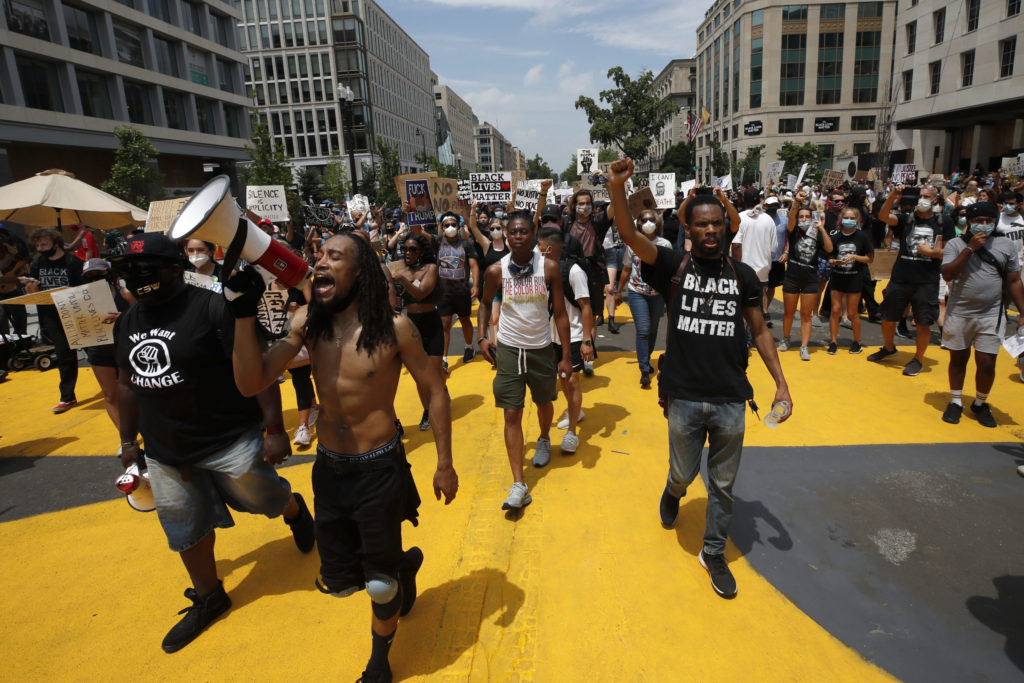Juneteenth: A day of joy, sorrow, and national action

In just about any other year, Juneteenth, the holiday celebrating the day in 1865 that all enslaved Black people learned they had been freed from bondage, would be marked by African American families across the nation with a cookout, a parade, a community festival, and a soulful rendition of “Lift Ev’ry Voice and Sing.”
But in 2020, as the coronavirus ravishes Black America disproportionately, as economic uncertainty wrought by the pandemic strains Black pocketbooks, and as police brutality continues to devastate Black families, Juneteenth is a day of protest.
Red velvet cake, barbecued ribs and fruit punch are optional.

Brooklyn Boro
View MoreNew York City’s most populous borough, Brooklyn, is home to nearly 2.6 million residents. If Brooklyn were an independent city it would be the fourth largest city in the United States. While Brooklyn has become the epitome of ‘cool and hip’ in recent years, for those that were born here, raised families here and improved communities over the years, Brooklyn has never been ‘uncool’.